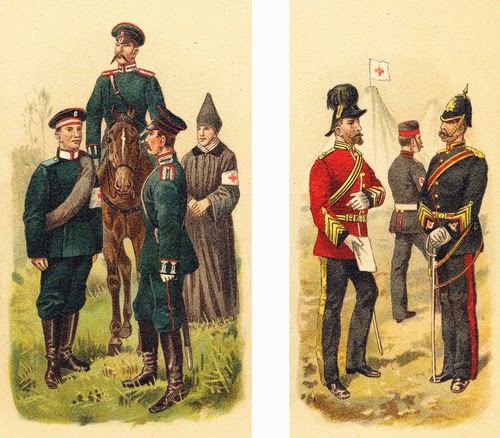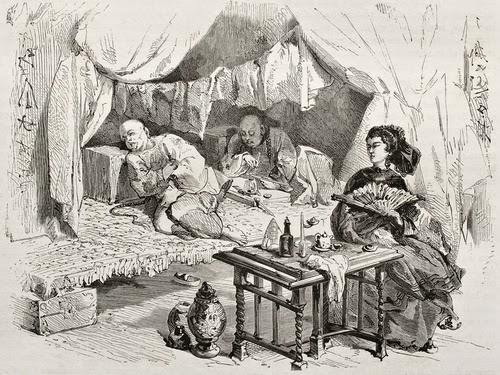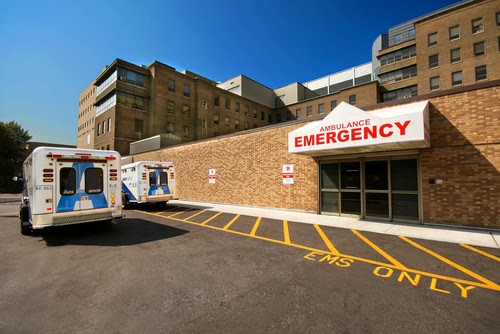August 7, 2014
A Day in the Life, Part 1
My editors here at The New Atlantis suggested I write about what a day is like for me and other members of the medical team. What exactly (aside from rounding) do we do all day? When do we have to be in? When do we leave? What goes on when we’re not rounding? We can divide the third year of medical school into three distinct...





